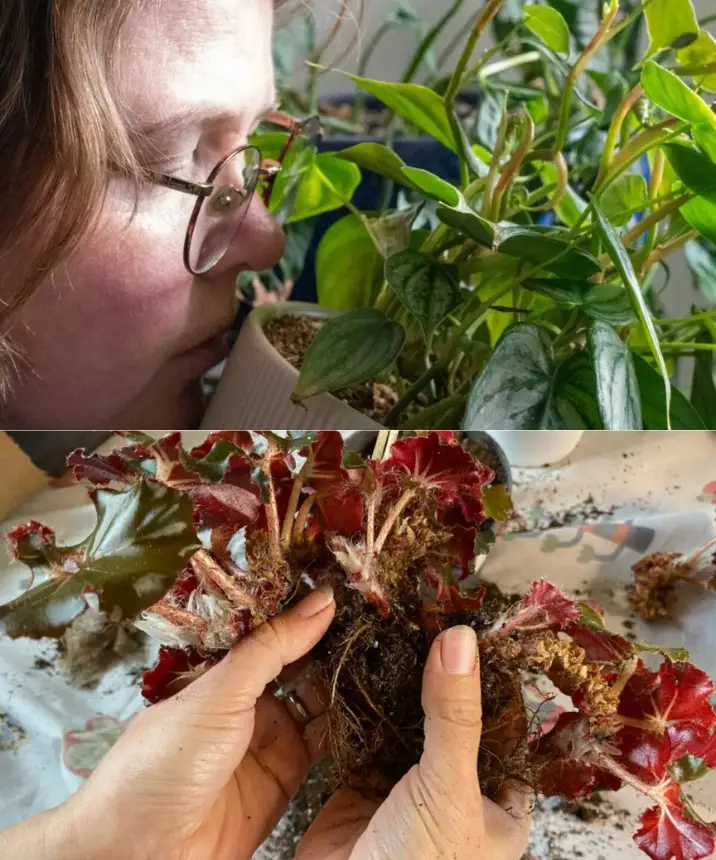As plant enthusiasts, we often focus on visual cues, growth patterns, and overall appearance when caring for our indoor green companions. However, there’s another sense we should engage in our plant-parenting journey – the sense of smell. Here’s a guide on why you should pay attention to the scent of your indoor plant’s soil:
- Early Detection of Issues:
- Smelling the soil can alert you to potential problems before they become visually evident.
- Foul or musty odors may indicate issues like overwatering, poor drainage, or the onset of root rot.
- Assessing Moisture Levels:
- Dry soil often has a mild, earthy scent, signaling the need for watering.
- Conversely, a sour smell may suggest waterlogged conditions, prompting adjustments to your watering routine.
- Checking Soil Health:
- A rich, earthy fragrance usually indicates healthy soil with a balanced microbial community.
- Unpleasant odors might signal imbalances or the presence of harmful bacteria.
- Detecting Nutrient Deficiencies:
- Soil lacking essential nutrients may emit a faint metallic or chemical smell.
- Identifying these scents can guide you in adjusting your fertilization routine.
- Promoting Interaction with Plants:
- Smelling the soil encourages a deeper connection with your plants, fostering a holistic approach to care.
- Engaging multiple senses enhances your understanding of the plant’s overall well-being.
- Enjoying Natural Aromas:
- Healthy soil often releases natural, pleasant aromas that contribute to a positive indoor environment.
- It adds a sensory dimension to your plant care routine, making the experience more enjoyable.
- Tailoring Care to Individual Plants:
- Different plants may have distinct soil smells based on their unique needs.
- Learning to recognize these scents allows you to tailor care practices to each plant’s requirements.
In conclusion, incorporating the sense of smell into your plant care routine provides valuable insights into your indoor garden’s well-being. Take a moment to sniff the soil, and let your nose guide you in nurturing happy and thriving plants.”
